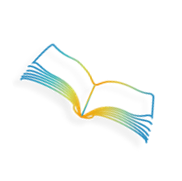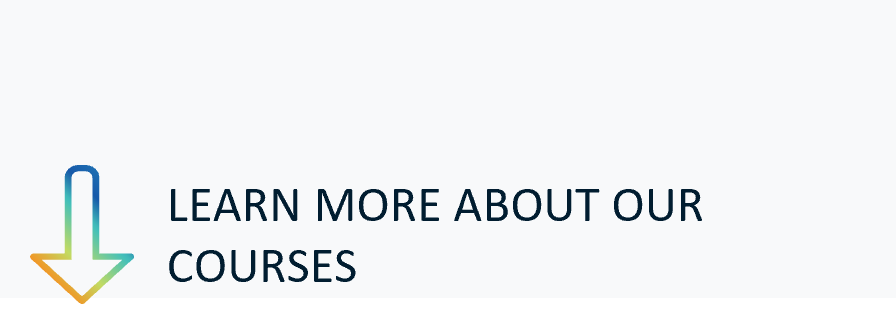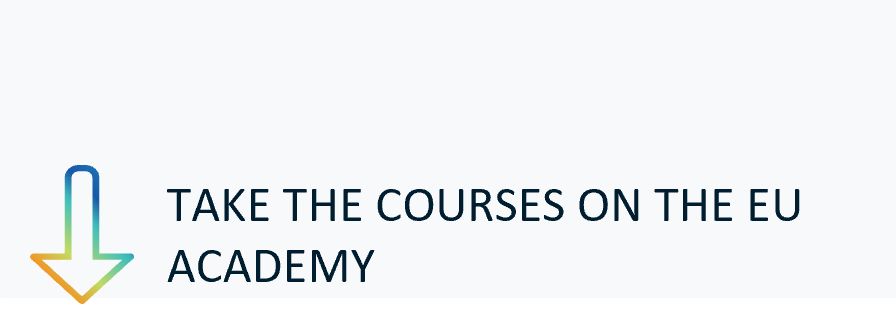This curriculum provides a structured programme of interoperability-related topics and offers educational resources to support the implementation of Europe’s Digital Decade and the Interoperable Europe Act.
We have 10 curriculum categories to help you decide what course should you take next!
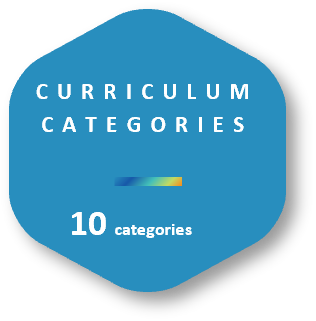
Scroll down to know more...
01. The Concept of Interoperability
02. Legal Interoperability
03. Semantic Interoperability
04. Technical Interoperability
05. The European Interoperability Framework
06. Interoperability, Governance, Strategy & Policy
07. Interoperability Enablers, Assessment, Best Practices
08. Cross Domain Solutions, Services & Tools
09. Openness
10. Once Only Principle
Course levels of proficiency
Beginner: 🕮 | Novice: 🕮🕮 | Intermediate: 🕮🕮🕮 | Expert: 🕮🕮🕮🕮
01 - The Concept of Interoperability
The learners will develop an understanding about Interoperability, including the need for interoperability, the interoperability environment and the initiatives of the European Commission.
They will also be able to provide the definition of interoperability and describe the main European Interoperability Framework concepts, as well as the main enablers and the main barriers for achieving interoperability.
Last but not least, they will be able to articulate how interoperability facilitates the implementation of legal acts for European cross border services.
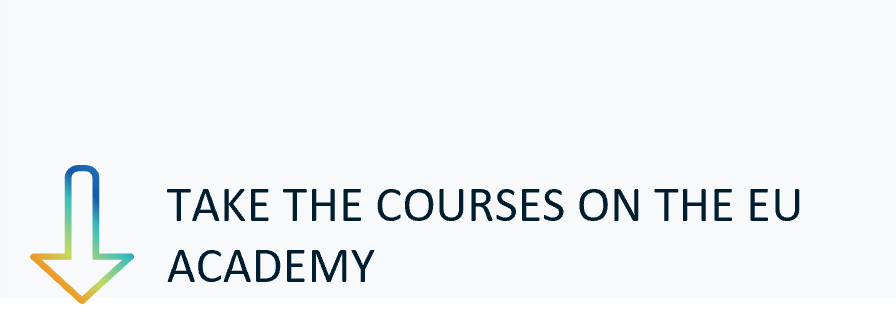
- Interoperability: An introductory course (available in all 24 EU languages) 🕮
- The Interoperable Europe Act: Introduction 🕮
02 - Legal Interoperability
The learners will be able to identify the legal actions required to ensure that interoperability results are lawful; and interoperable public services can have legal consequences.
This topic emphasises how interoperability and the respective tools can contribute to the creation, dissemination, consolidation of legislation, improving Citizens’ legal certainty and providing formal legal codes.
It also presents good practices in the context of the law-making process, publication offices, ensuring digital readiness.
03 - Semantic Interoperability
The learners will be able to reuse interoperable solutions that ensure the users of public services understand the data exchanged in a common way.
The learners will develop the competencies to reuse semantics standards, methodologies, tools, predefined metadata, and vocabularies for a specific business purpose.
The learners will learn how emerging technologies such as Artificial Intelligent can be used in semantic reasoning and interoperability, contributing to advanced content-exploring, self-learning, collaborative, and content-generating services in the era of Web 4.0.

- Introduction to core vocabularies
- DCAT- AP for Data Spaces
- Publishing data with Linked Data Event Streams: why and how
- Introduction to Artificial Intelligence for Public Service Interoperability
- Introduction to the Core Public Service Vocabulary Application Profile (CPSV-AP)
- Wikibase and Semantic MediaWiki for data-driven semantics
- Enabling the Twin Digital and Green Transition via Solid and Internet of Things

- Introduction to core vocabularies 🕮
- DCAT- AP for Data Spaces 🕮
- Publishing data with Linked Data Event Streams: why and how 🕮
- Introduction to Artificial Intelligence for Public Service Interoperability 🕮🕮
- Introduction to the Core Public Service Vocabulary Application Profile (CPSV-AP) 🕮🕮🕮
- Wikibase and Semantic MediaWiki for data-driven semantics 🕮🕮🕮
- Enabling the Twin Digital and Green Transition via Solid and Internet of Things 🕮🕮🕮

- Introduction to eGovERA©
- EIRA© & eGovERA© in support to a Digital Public Service Analysis
- EIRA© & eGovERA© in support to a Digital Public Service Design
- Introduction to the European Interoperability Reference Architecture: part 1
- Introduction to the European Interoperability Reference Architecture: part 2
- Introducing the Common Assessment Method for Standards and Specifications (CAMSS)
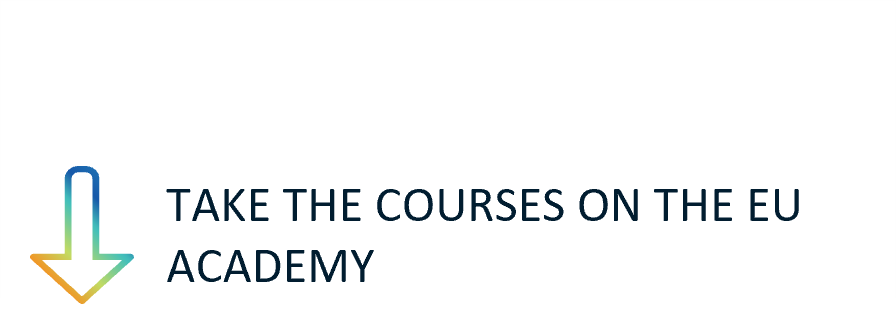
- Introduction to eGovERA© 🕮
- EIRA© & eGovERA© in support to a Digital Public Service Analysis 🕮🕮
- EIRA© & eGovERA© in support to a Digital Public Service Design 🕮🕮
- Introduction to the European Interoperability Reference Architecture: part 1 🕮🕮
- Introduction to the European Interoperability Reference Architecture: part 2 🕮🕮🕮
- Introducing the Common Assessment Method for Standards and Specifications (CAMSS) 🕮🕮🕮
04 - Technical Interoperability
The learner will develop confidence in the assessment and selection of technical standards for interoperability.
The learner will also become familiar with important standardisation bodies, their initiatives, and provided tools in various contexts and for different needs.
This topic category also helps the learner to use the EIF toolbox and provides the respective guidance on the testing possibilities that can ensure the proper interoperability standards implementation.
05 - The European Interoperability Framework
The learner will be able to describe the role and the main components of the European Interoperability Framework.
The learner will also develop an understanding of how the European Interoperability Framework, the National Interoperability Frameworks and the Domain Interoperability Frameworks interact, complement each other, and contribute to implementation of interoperability in Europe.
This topic category also provides a stable background to the learner on how the European Interoperability Framework, Principles, Recommendation, Layers, and Governance Model can be used to facilitate and accelerate the public service delivery.
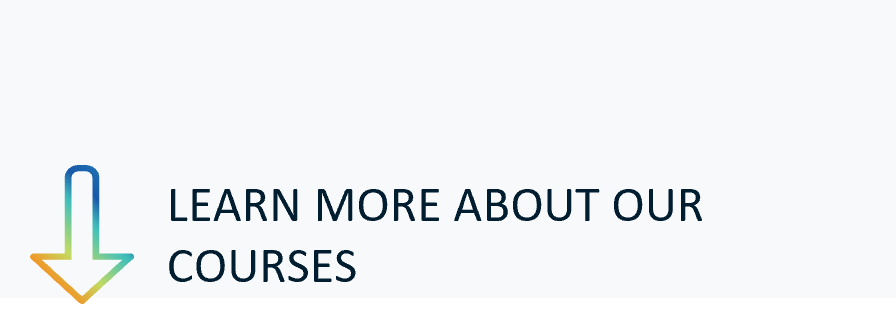


06 - Governance, Strategy & Policy
The learners will develop interoperability policy and strategy by combining concepts such as digital readiness, innovation, skills, inclusion, co-creation of public services and cyber-security.
This topic presents the Governance and Coordination challenges among stakeholders that must be tackled to achieve interoperability.
Good practices methodologies and solutions for policy and strategy purposes are also included.
07 - Enablers, Assessment, Best Practices
The learners will be able to describe and reuse the most important methodologies, good practices and tools for collaboration, project management and interoperability assessment.
They will also discover assessment methodologies, benchmark approaches, reports, factsheets.



08 - Cross Domain Solutions, Services & Tools
The learners will gain competencies for assessing, selecting and reusing solutions that can be useful in different business scenarios.
This topic handles issues related to architecture, trust and security, information retrieval from base registries, archiving, translation etc.
09 - Openness
The learners will gain a deep understanding of the Openness principle of EIF. This topic focuses Openness in the context of interoperability includes open standards, open software, open licenses, and open services.
The learners will be also able to identify open solutions that can be reused.
This topic also focuses on co-creation aspects in open governments.

10 - Once Only Principles
The learner will be able to present how interoperability and the generic approach of the Once Only Principle can be applicable in different domains and how the “Your Europe” portal and European citizens can benefit through its implementation.
The topic category will include courses for the respective European regulations, the technical system that uses interoperability to automate the data and evidence exchange among Member States for the implementation of the Once Only Principle
The learner will be able to locate and use resources such as the Once Only Hub, the required building blocks that facilitate the collaboration among implementors and provide guidance for the implementation and the cross-border testing.


